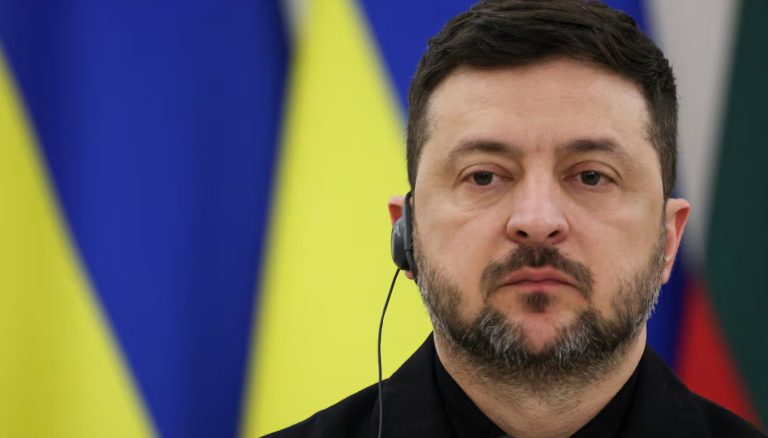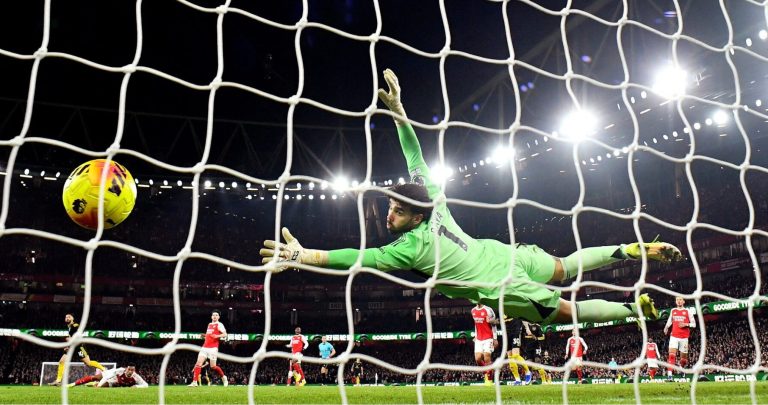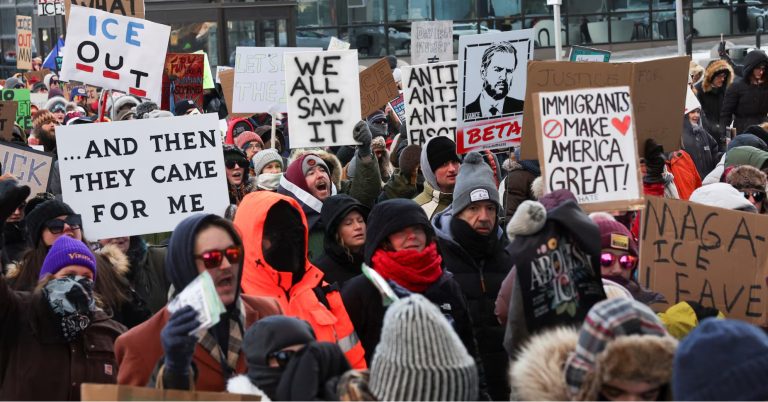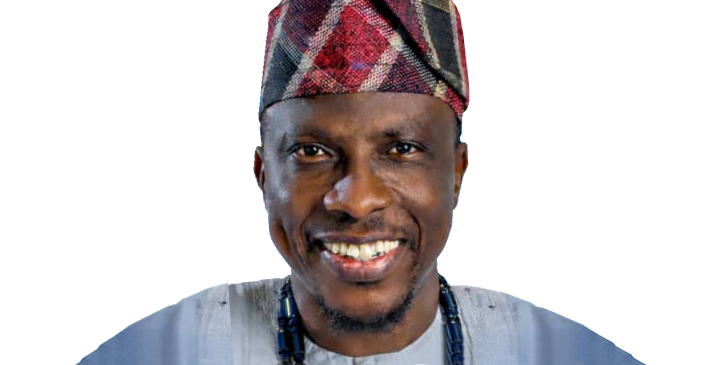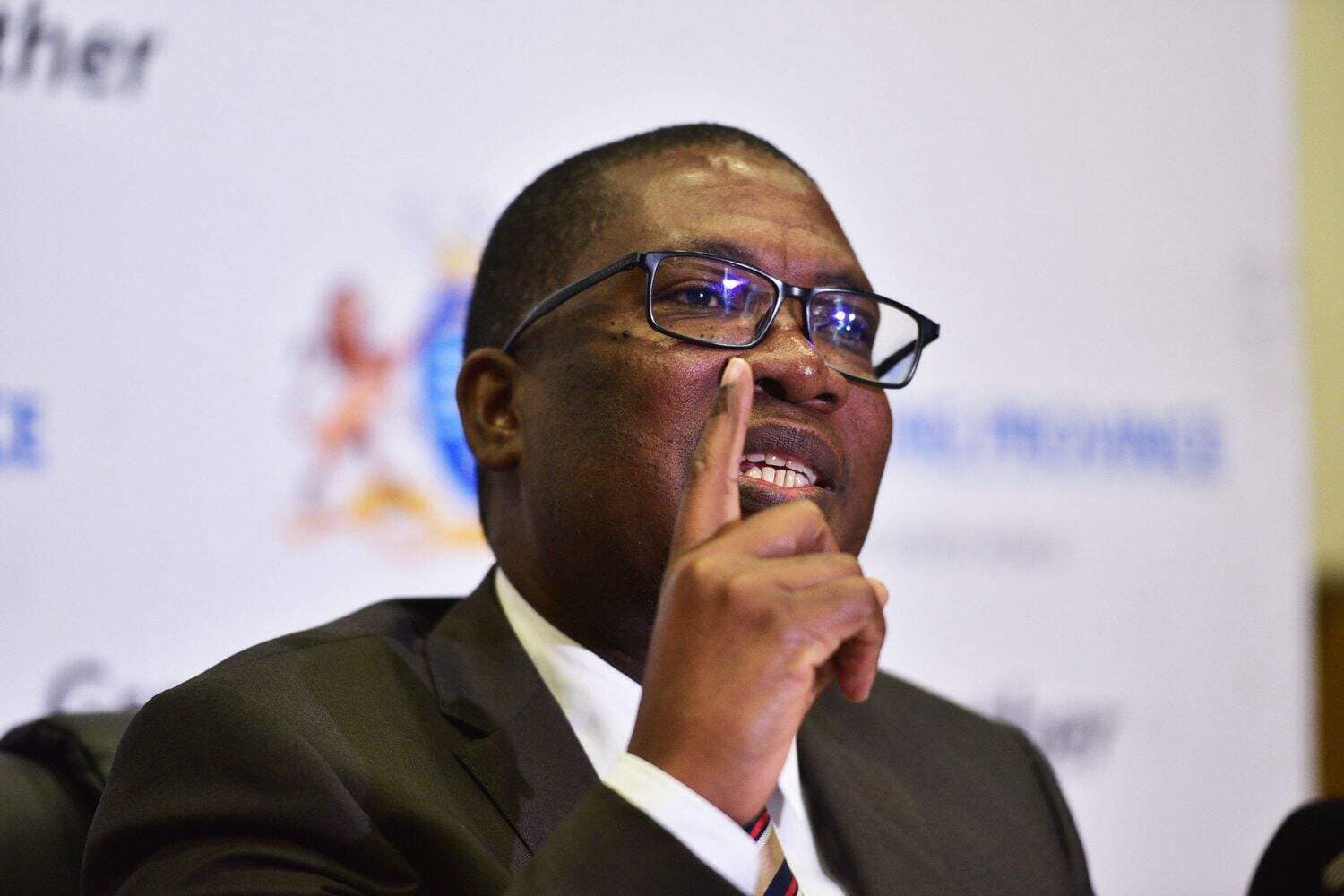
While South Africa’s hosting of the G20 Leaders’ Summit has been lauded as a success, the event was marred by dramatic incidents, including crime, negotiated ‘transactions’, outages, potholes and broken street lights.
In a press briefing on Tuesday, Gauteng Premier Panyaza Lesufi said there were 1 799 arrests in the week leading up to the G20 Leaders’ Summit on 22 and 23 November.
He said during the flagship meeting, police had to deal with a case of trespassing against members of Operation Dudula. They are accused of trying to raid the Nasrec Expo Centre where world leaders were gathered.
Meanwhile, their colleagues were helping negotiate a “business transaction” gone wrong across town.
“We had two pilots from Brazil who were in an Uber with two ladies whom they met at an entertainment area. After failing to agree to a certain transaction with these ladies, the two pilots decided to leave the Uber and wanted to walk to Kempton Park from Sandton.
“But police intercepted them, and they managed to provide the necessary support, and they resolved the matter with the ladies involved. They agreed to a reduced transaction of 100% to 30% with a discount of 70%. The matter was regarded as closed,” he said.
According to the police, this incident happened around 4am.
ALSO READ: Wedding bells: Will ActionSA ‘collaborate with Operation Dudula for the elections?
The Vietnamese delegation and police robbed
Lesufi said the Vietnamese delegation was also pick-pocketed at the Checkers in Sandton City. Their mobile phones and some luggage were taken.
“Because of the systems that were put in place, within a limited period, four suspects were immediately arrested,” he said.
Lesufi said another suspect was arrested at the luxurious Da Vinci hotel for having a firearm without the proper papers for it.
A police officer at Randburg’s Mercure hotel was robbed. Two suspects were arrested in connection with this incident.
Lesufi said there was another attempt to rob a police car on a Johannesburg highway last week. The assailant was using a toy gun.
“The police dealt with the situation appropriately,” he said.
He said the provincial government is in talks with police to have the same presence in the province after the G20 Leaders’ Summit.
Broken promises? Broken roads and robots
Lesufi complained about the rainy weather, which in some places eroded the infrastructure repairs completed ahead of the summit. This resulted in potholes resurfacing and traffic lights not working.
“Unfortunately, we conducted the G20 [Leaders’ Summit] in the middle of unfavourable weather conditions. The majority of our traffic lights were affected, and some of the potholes emerged. We are now committed to going back and repairing these unfortunate conditions,” he said.
And when delegates were not dodging potholes or navigating intersections with dead traffic lights, they were trying to figure out where they were.
Lesufi admitted some international guests found it difficult to navigate Gauteng because all the road signs are in English. He said the province will improve on interpretation of languages for future events.
While some areas in Johannesburg experienced power outages, Lesufi said there was a secure supply of water and electricity over the weekend. A promise he had made before the summit, but seemed to suggest, would cover all areas of the province.
“Our resilient energy plan guaranteed power at all areas that needed power, at hotels, communities, businesses, at the venue, but most importantly at roads that were leading to this event,” he said.
Despite all the drama, Lesufi said the G20 meetings were a success and had provided much-needed economic support to the province.
“Preliminary reports indicate that on the weekend alone, Gauteng scored an investment amount of between R1 billion and R3 billion,” he said.
NOW READ: South Africa closes G20 Summit – but will it worsen its relationship with the US?
